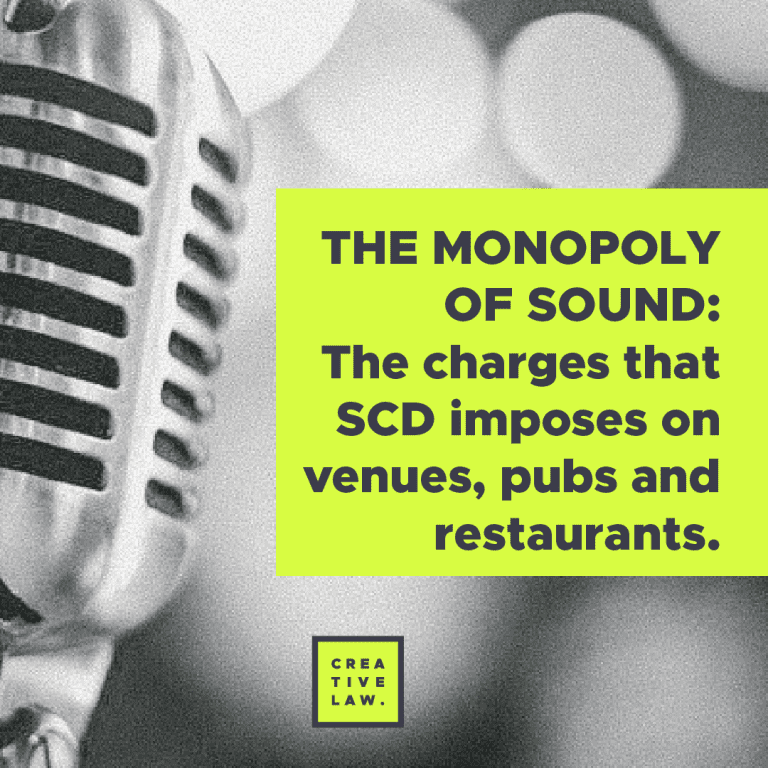On Wednesday, August 19, the US Court of Appeals for the Second Circuit ended a dispute of more than 5 years between rappers Rick Ross and 50 Cent. The dispute dates back to late 2015 when 50 Cent sued Rick Ross for a mixtape that Ross had released earlier that year to promote his album “Black Market.” In said mixtape, called “#RenzelRemixes”, Ross would have sung a fragment of the 50 Cent song “In Da Club”.
Mixtapes are commonly used tools within the music industry, especially hip-hop. Uncleared tracks and samples are often included; however, the music industry generally overlooks such copyright infringements because most labels and artists have indulged in such practices to promote their own releases in the past.
Now, in the case of “#RenzelRemixes”, an uncleared sample of “In Da Club” was included, which means that there were grounds for a claim for copyright infringement, however, 50 Cent did not own the copyright of that track, which actually belongs to Universal Interscope, Shady Records and Aftermath. In this sense, Universal did not seem to have an interest in pursuing the infringement.
From the impossibility of claiming the copyright infringement, 50 Cent is suing on the basis that his right to personality rights had been violated, specifically his rights of publicity under the state laws of Connecticut, where he filed the lawsuit. Personality or image rights are separate from copyright and can be enforced under various state laws in the US.
Finally, the Court of Appeals indicates that the Federal Copyright Law takes precedence over personality rights, so that, although copyright holders did have grounds to complain, 50 Cent has no right to sue for infringement of personality rights in this case.
This case was on the industry’s radar since if the Court of Appeals had ruled that Rick Ross had to indemnify 50 Cent for the use of his image or voice, there would have been an important change in the industry as a precedent would have been set, that sample licensees would have to consider artists’ personality rights in addition to copyrights.




